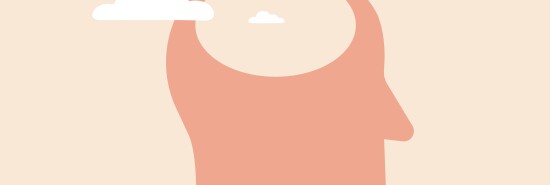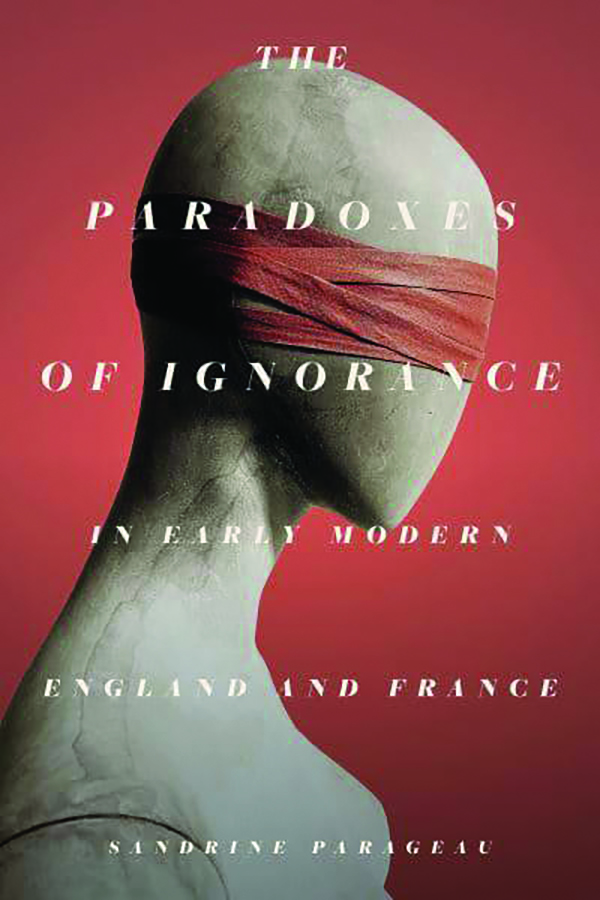
The Paradoxes of Ignorance in Early Modern England and France reviewed
Michael M. Rosen
“We also know there are known unknowns,” Donald Rumsfeld famously said in 2002. “That is to say, we know there are some things we do not know, but there are also unknown unknowns — the ones we don’t know we don’t know.”

Rummy is nobody’s idea of a philosopher, but he was actually channeling a venerable tradition of epistemology: recognizing and elevating the importance of ignorance, of understanding our intellectual limitations, both as a matter of modesty and as a method of increasing knowledge. In the erudite but accessible The Paradoxes of Ignorance, Sandrine Parageau, a history professor at the Sorbonne, explores the roots of that tradition. She contends that “modern experimental science was founded in the seventeenth century on the recognition and acceptance of the limits of human knowledge.” In fact, “the notion of ignorance should be reinstated in the intellectual history of the early modern period as one of the foremost conceptual issues of the time.”
Of course, some early moderns frowned on ignorance. The Puritan theologian Richard Baxter insisted that “ignorance is the great Enemy of Holiness in the world.” And in John Bunyan’s The Pilgrim’s Progress, the unsubtly named main character Ignorance famously fails to gain admission to Heaven despite his harmlessness and innocence from sin.
But to a surprising degree, in both France and England, ignorance was accepted as a virtue. Both Descartes and the Quakers embraced the notion of an “inner” or “natural” light that illuminated the path to understanding. Innocent, even naive understanding is its purest, truest, and most devout form. “When we are willingly ignorant, of that which God would not have us know,” the theologian Thomas Wilson asserted, “this is a learned ignorance, as it is a blockish knowledge, when we are curious to understand things hid from us.” In his Essay Concerning Human Understanding, John Locke exhorted us to “sit down in a quiet Ignorance of those Things which, upon Examination, are found to be beyond the reach of our Capacities.” Joseph Glanvill put it more bluntly: “the Knowledge I teach is ignorance.”
Parageau’s book begins with an examination of the thinking about ignorance from before the early modern era. Among the ancients, Socrates praised the value of “knowing what one knows and what one does not know,” while Petrarch exalted the notion of “learned ignorance.” The Bible lauded Balaam’s ass for its humility and ignorance. And Nicholas of Cusa concluded in the 15th century that humanity “will attain unto nothing more perfect than to be found to be most learned in the ignorance which is distinctively his.”
Turning to the early moderns, Montaigne, in his Essais, emerges as an early champion of learned ignorance. “It is more by the means of our ignorance, than of our skill, that we are wise in heavenly knowledge.” In Pensees, Pascal praised “a Learned Ignorance that knows it self” as something that “great Souls do attain.” William F. Buckley famously remarked that he “would rather be governed by the first 2,000 people in the telephone directory than by the Harvard University faculty.” Descartes, sounding like a 17th-century Buckley, observed that “we very often find that people who have never devoted their time to learned studies make sounder and clearer judgments on matters which arise than those who have spent all their time in the Schools.”
Early modern thinkers discussed the usefulness of ignorance for science in terms of some still-famous metaphors, such as the “blank slate.” “Let us then suppose the Mind to be, as we say, white Paper,” Locke muses. It’s useful to think of a mind “void of all Characters, without any Ideas. How comes it to be furnished?” Pulling the same trick, in The Search for Truth, Descartes discusses an “idiot” possessed of no preconceived notions and therefore well positioned to absorb the subtleties of “the most curious sciences.”
Finally, Parageau turns to ignorance as an epistemic tool for scientific advancement. It was not just theoretical ignorance that early modern philosophers admired. They enthused over the real stories of inventions and discoveries that emerged serendipitously from unlikely sources, such as the Dutch glass artisan Metius who, according to Descartes’s Discourse on Method, “by chance … happily hit upon the idea” of arranging his lenses in a manner that yielded the world’s first telescope, a discovery produced “only through experiment and good fortune,” not rigorous scientific planning. Likewise, Boyle attributed numerous inventions, including gunpowder, the “Milky Vessels of the Mesentery,” and “the new Receptacle of the Chyle,” all of which were “lighted on but by Chance, according to the Ingenious Confession of the Discoverers themselves.” Another 17th-century Dutchman, Antonie van Leeuwenhoek, was illiterate and untrained but developed one of the first microscopes, gained admission to the Royal Society, and is widely regarded as the father of microbiology.
While the book is clearly written, switching between centuries, countries, and philosophical movements means sacrificing comprehensibility in places. Parageau acknowledges candidly that ignorance, as discussed by the various thinkers, could at once “mean one thing and its opposite … the worst sin or the safest guarantee of salvation.” And it can be difficult to track the relative importance of the many philosophers to whom Parageau introduces us or exactly whether and why the geographic and temporal limitations she imposes on her study are appropriate.
Nevertheless, this is a wonderful history of the humans who went deepest into understanding that we cannot always understand. Philosophy, religion, and science wouldn’t have progressed as it has without them. Perhaps we should take time, with Rumsfeld and with Locke, to consider the known unknowns.
Michael M. Rosen is an attorney and writer in Israel and a nonresident senior fellow at the American Enterprise Institute.
